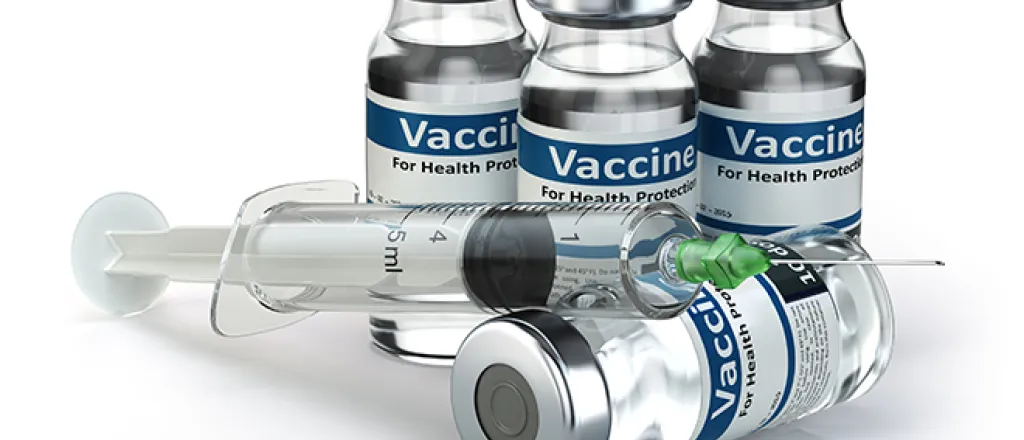
Colorado is not immune to anti-vaccine sentiment
The Texas measles outbreak has drawn renewed attention to declining vaccination rates nationwide, and Coloradans should be among the most concerned.
With some of the lowest kindergarten immunization rates in the country and a long-standing reluctance from elected leaders to act with a sense of urgency to create stronger immunization policies, our state is particularly vulnerable to a preventable public health crisis.
Despite pressing warnings from public health officials, attempts to strengthen Colorado’s vaccine policies have repeatedly stalled in the face of political opposition. In 2019, amid ongoing efforts to strengthen school-entry immunization requirements, Governor Jared Polis took a strong stance against House Bill 19-1312, a bill aimed at modernizing vaccine exemption processes and reporting. When asked about the legislation, Polis expressed deep skepticism about government-mandated vaccine requirements, arguing that such measures “infringe on personal freedoms.” Polis’ indication that he would not sign HB-1312 into lawwould have almost certainly derailed the bill had it not died on the Senate floor before making it to the governor’s desk.

A year later, in 2020, a coalition of parents, educators, health care professionals, and public health advocates returned to the Legislature to push for stronger immunization policies in Senate Bill 20-163, a renewed attempt to update school entry immunization requirements and reporting. As COVID-19 surged toward the end of the 2020 legislative session, the stakes of vaccine hesitancy became clearer than ever, creating enough political will to move the bill forward. Despite the victory, SB-163 remained a moderate step, one that clarified processes and added a tool for increasing immunization rates but failed to establish the robust vaccine mandates public health experts had long pushed for.
What we have seen from Polis over the years is the prioritization of ideological debates over public health action, leaving Colorado communities susceptible to preventable outbreaks like the one currently unfolding in Texas. Polis’ recent praise of Health and Human Services Secretary Robert F. Kennedy Jr., crediting him for “defeating vaccine mandates in 2019” and suggesting he will “make America healthy again,” reinforces how deeply entrenched vaccine resistance remains at the highest levels of state government, rhetoric that has real-world consequences.
Research shows that vaccine misinformation, especially online, drives hesitancy and lowers immunization rates in a cycle that has become increasingly difficult to interrupt. In Texas, experts are sounding the alarm that misinformation is a key driver of the declining vaccination rates that have contributed to the recent outbreak.

© iStock - Aksana Kavaleuskaya
The political approach to Colorado’s immunization requirements is especially bleak when considering just how vulnerable we really are to an outbreak. Herd immunity is achieved when a large percentage of the population is vaccinated, limiting the spread of disease. For measles, achieving a 92 percent to 94 percent immunization rate is critical for herd immunity. Falling below this threshold compromises community protection, especially for individuals who cannot be vaccinated due to medical reasons. As of the 2022-23 school year, Colorado ranks 45th in the nation for kindergartners who have received the measles, mumps and rubella (MMR) vaccine, representing only 86.8 percent of kindergarteners.
Colorado’s dangerously low immunization rates are not just numbers — they represent a systemic failure to prioritize public health, underscored by political inaction and the spread of misinformation that erodes public trust in vaccines. The measles outbreak in Texas should serve as a warning for states like ours, where personal choice has been placed above collective safety. If we fail to act now, through stronger immunization policies, improved public health messaging, and a commitment to combating misinformation, we risk following in the footsteps of states already seeing a resurgence of diseases that we once declared as eradicated.
















